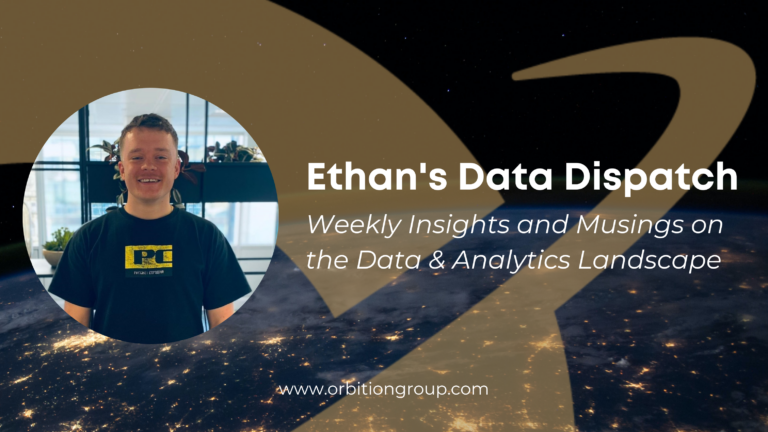
How do you create an effective data culture that is accepted by all and ripples through an entire organisation?
A working environment where everyone has access to the data they need at the drop of a hat is a dream scenario for businesses. If everyone feels comfortable enough to work with data, talk about it and make data-driven decisions, you’re onto a winner. Providing that the right data is being collected and managed effectively, the process of
data democratisation can transform a business into a well-oiled machine. However, democratising data in a business is multi-faceted, there are a lot of moving parts, along with some significant hurdles. There isn’t a business that can confidently say they’ve ‘completed’ data democratisation – it’s a continuous process.
Off the bat, you need to have a good hold on data governance. For instance, having data sprawled across different areas of the business can lead to security and privacy issues. One way to keep tabs on how visible the data is through data masking, although this can be expensive. It’s a careful balance between the control and the freedom of the data you have.
Balancing data governance and data democratisation is a large topic and something that must always be considered when looking to increase access to data. Yazhene Krishnaraj, Head of Decision Intelligence at McKesson, recently spoke on this in a brilliant interview with CDO Magazine.
At the onset, Krishnaraj declares that data is everywhere and people have access to it, regardless of attempts to restrict it. Therefore, the strategy is to create data governance policies, stating the standards and guardrails. She adds that if businesses are empowered with the right capabilities and guardrails, they will follow and enforce them.
Given the complexity of data democratisation, it’s important to outline ‘who needs the data the most?’ Once you have outlined the key stakeholders for the data you have, it’s clear where the focus needs to be. Look at who’s consuming the data and who can leverage data in the most effective way to add value.
Simply providing business units with access to data isn’t enough. If people can’t derive insight or value from the data, there is no point. Investing in data literacy gives people the right skills needed to understand and work with data. I know that some data leaders have ‘champions’ across the business that can act as a touch point for units across the business and help to promote data skills, something I was introduced to by Antonio Neto, Head of Data at Qapital.
I also believe that hiring Data Product Managers is a smart way to increase accessibility to data. Having a more consumable version of data naturally encourages people in the business to want to engage with the data. If data democratisation is an integral part of building your data culture, it’s important to remember all the components that help make it possible.
Whether you’re building a data governance strategy, increasing data literacy across the business, or hiring Data Product Managers – get in touch at es@orbitiongroup.com to understand who are the right people to help you on this journey!

Ethan Simpkin
Ethan is a highly skilled consultant with us here at Orbition, specializing in data and analytics.
With a passion for technology and a natural talent for identifying top talent, he has become a valuable asset to both clients and candidates in the industry.Read more.
Signup to Our Newsletter
"*" indicates required fields


